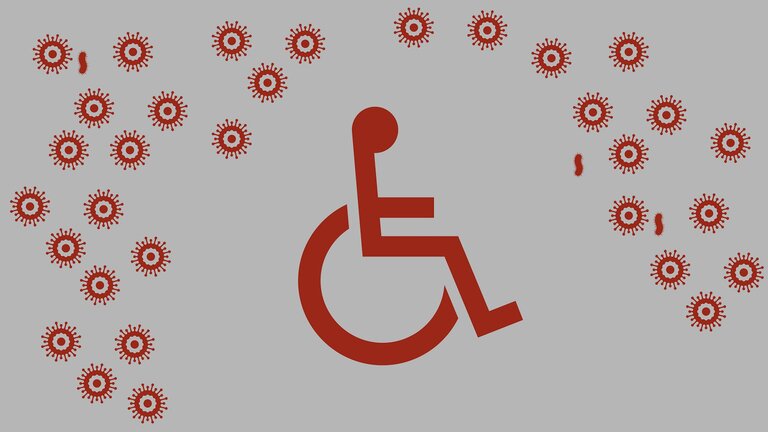Persons with Disabilities are at a greater risk of discrimination in accessing healthcare and life-saving procedures during the ongoing COVID-19 outbreak.
This is according to the United Nations (UN) which reveals that in some countries, health care rationing decisions, including triage protocols (e.g. intensive care beds, ventilators), are not being based on an individual prognosis.
Instead, such decisions are being based on discriminatory criteria, such as age or assumptions about the quality or value of life based on the disability. “Access to healthcare, rehabilitation, and assistive technologies for persons with disabilities are also being curtailed due to the increased pressure on healthcare systems,” the UN said in a policy brief.
These problems add to pre-existing problems and inequalities affecting persons with disabilities. According to the UN, even under normal circumstances, persons with disabilities are less likely to access health care, education, employment and to participate in the community.
They are also more likely to live in poverty, experience higher rates of violence, neglect, and abuse, and are among the most marginalized in any crisis-affected community.
More Challenges
The policy brief also reveals that persons with disabilities are at greater risk of developing more severe health conditions and dying from COVID-19.
According to the organization, persons with disabilities have greater health requirements and poorer health outcomes. For example, they are more susceptible to secondary conditions and co-morbidities, such as lung problems, diabetes, heart disease, and obesity, which can worsen the outcome of COVID-19 infections.
“The barriers to accessing healthcare are further exacerbated during the COVID-19 crisis, making timely and appropriate care difficult for persons with disabilities.” The brief also indicates that persons with disabilities are at greater risk of contracting COVID-19. This is mainly because they may experience barriers to implement basic protection measures as would the enabled population.
The basic protection measures that they may be unable to do include hand-washing and maintaining physical distancing for several reasons: lack of accessibility of water, sanitation, and hygiene facilities; a reliance on physical contact to get support; inaccessibility of public health information; or being placed in institutional settings which are often overcrowded and unsanitary.
“These barriers are exacerbated for those living in informal settlements and/ or affected by humanitarian emergencies.” As of September 26, the number of COVID-19 deaths worldwide is approaching one million and cases have soared past 32 million. Kenya has reported 682 deaths and 37,707 cases of the virus.
In the US, Persons with intellectual disabilities and autism who contract COVID-19 die at higher rates than the rest of the population, according to an analysis by done by NPR in June of numbers obtained from two states that collect data. They also contract the virus at a higher rate, according to research looking into group homes across the United States.
In the UK, BBC reported in July that disabled people were 11 times more likely to die from coronavirus than their peers. The broadcaster was also revealed that almost two-thirds of Covid-19 deaths in the UK had been persons with disabilities.
Margaret Njuguna


